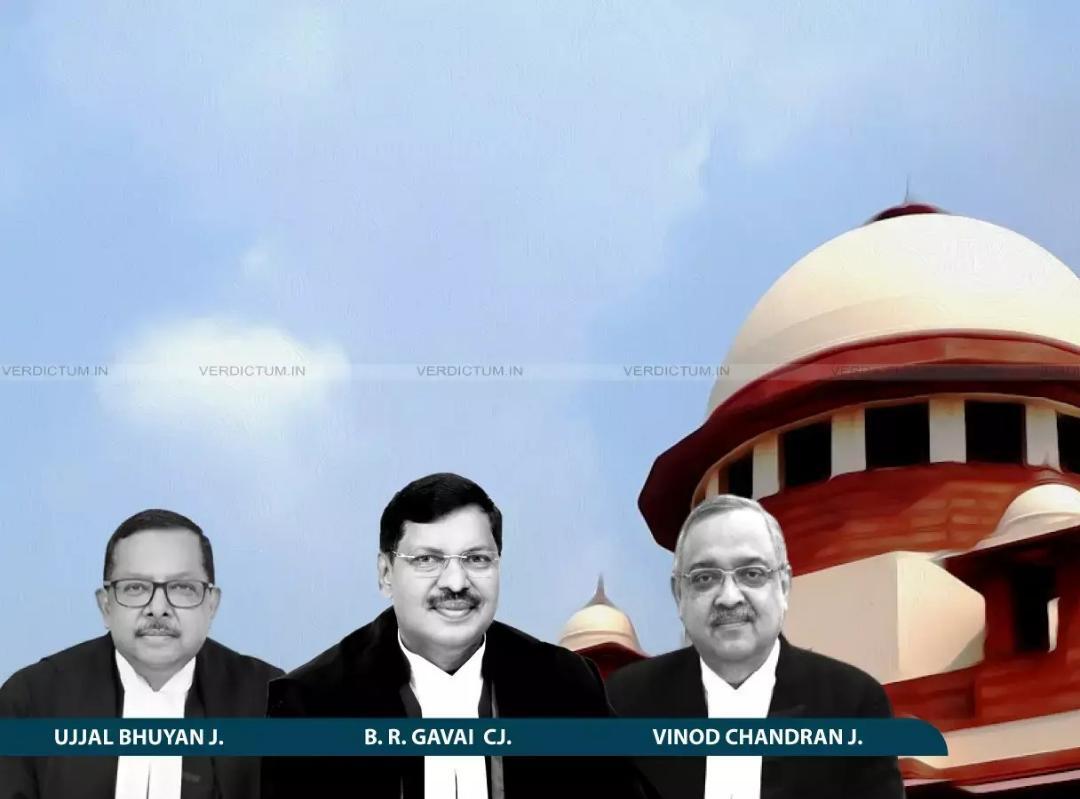
Supreme Court recalls its ‘Vanashakti’ judgment
In a significant development, the Supreme Court of India has recalled its judgment in the case of Vanashakti v Union of India, with a 2:1 majority. The judgment, which was passed earlier, had struck down the 2017 notification and the 2021 office memorandum issued by the Central Government. These notifications and memorandums had provided for the grant of ex post facto Environmental Clearances, which the Court had declared as illegal. The recall of the judgment comes after the Court allowed a review petition filed by the Confederation of Real Estate Developers of India (CREDAI).
The original judgment in the Vanashakti case had caused significant concern among real estate developers and industries, as it had struck down the provisions for ex post facto Environmental Clearances. The 2017 notification and the 2021 office memorandum had been issued by the Central Government to provide a one-time opportunity for projects that had commenced without obtaining the required Environmental Clearances. The notifications and memorandums had allowed for the grant of ex post facto clearances, subject to certain conditions, including the payment of penalties and the implementation of environmental mitigation measures.
However, the Supreme Court, in its original judgment, had held that these notifications and memorandums were ultra vires the Environmental Protection Act, 1986, and the Environment (Protection) Rules, 1986. The Court had observed that the grant of ex post facto clearances would be contrary to the principles of environmental protection and would undermine the rule of law. The judgment had been welcomed by environmental activists, who had argued that it would help to prevent the destruction of the environment and would ensure that projects are carried out in a sustainable and responsible manner.
The recall of the judgment is likely to have significant implications for the real estate and industrial sectors. The 2017 notification and the 2021 office memorandum had provided a window of opportunity for projects that had commenced without obtaining the required Environmental Clearances. With the recall of the judgment, these projects may now be able to obtain ex post facto clearances, subject to the conditions specified in the notifications and memorandums. This is likely to provide relief to many developers and industries, who had been facing significant uncertainty and risk due to the original judgment.
However, the recall of the judgment has also been criticized by environmental activists, who argue that it will undermine the principles of environmental protection and will allow for the destruction of the environment. They have argued that the grant of ex post facto clearances will create a precedent and will encourage developers and industries to flout environmental regulations. The activists have also expressed concern that the recall of the judgment will undermine the rule of law and will create uncertainty and confusion.
The Supreme Court’s decision to recall its judgment is a significant development, and it highlights the complexities and challenges of environmental regulation in India. The case has raised important questions about the balance between economic development and environmental protection, and the role of the judiciary in ensuring that environmental regulations are enforced. The recall of the judgment is likely to have significant implications for the real estate and industrial sectors, and it will be important to monitor the developments in this case in the coming months.
The Supreme Court’s judgment has also highlighted the need for clarity and consistency in environmental regulation. The 2017 notification and the 2021 office memorandum had been issued to provide a one-time opportunity for projects that had commenced without obtaining the required Environmental Clearances. However, the original judgment had struck down these notifications and memorandums, creating uncertainty and confusion. The recall of the judgment is likely to provide relief to many developers and industries, but it also raises questions about the need for more effective and efficient environmental regulation.
In conclusion, the Supreme Court’s decision to recall its judgment in the Vanashakti case is a significant development, with important implications for the real estate and industrial sectors. The recall of the judgment is likely to provide relief to many developers and industries, but it also raises questions about the need for more effective and efficient environmental regulation. The case has highlighted the complexities and challenges of environmental regulation in India, and it has raised important questions about the balance between economic development and environmental protection.






